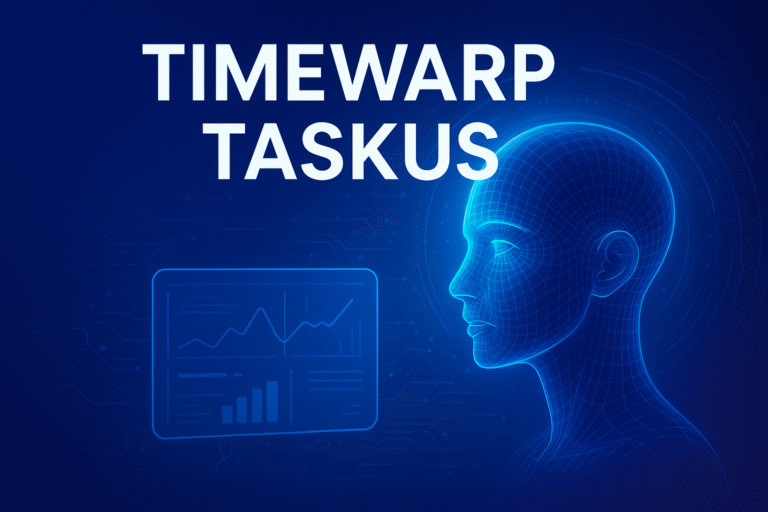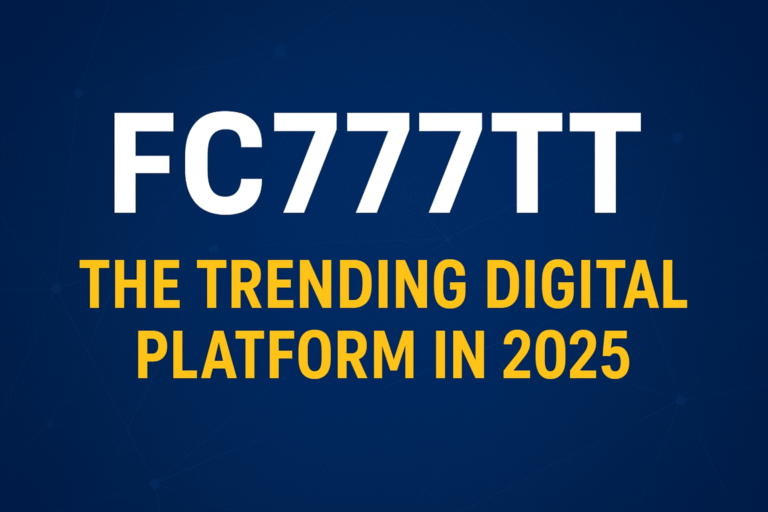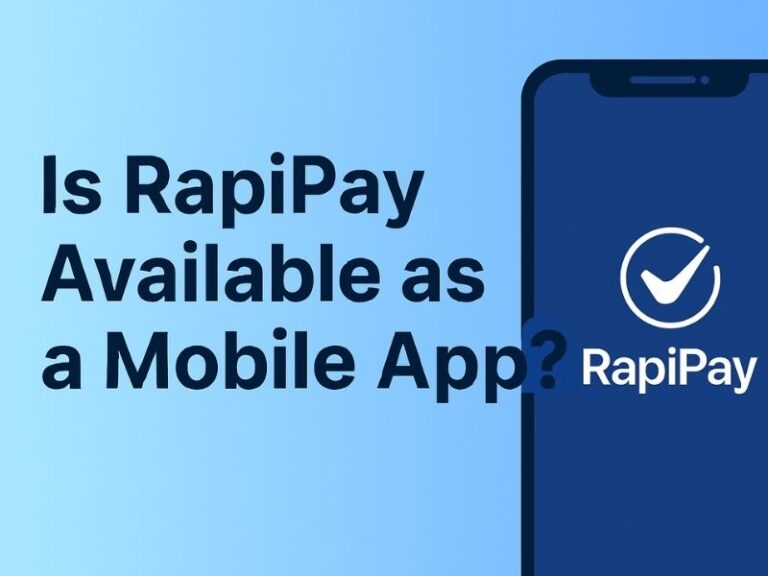Picture a place where you do not have to endlessly deal with piles of resumes. Imagine getting back weeks of your time and effortlessly hiring the best candidates. Wouldn’t that be amazing? It is really possible, know how? With the advent of Artificial Intelligence (AI) technology, the recruitment landscape is undergoing a revolutionary transformation. AI is reshaping every aspect of recruitment, from candidate sourcing and screening to interview selection and candidate experience.
Understanding talent management
Talent management is a continuous procedure that involves drawing in and keeping top-notch staff, boosting their skills, and motivating them to enhance their performance. It aims to maximize the value of employees and elevate their performance through strategic talent allocation, ensuring a positive employee experience and exhibiting effective HR leadership.
By giving prominence to people, talent management assessment tools nurture a flourishing workforce that aligns with the organization’s objectives. It is vital in encouraging innovation, constructing efficient teams, minimizing turnover, and developing a robust company brand.
Best talent management trends in 2024
In 2024, the best talent management trends revolve around creating a dynamic, learning-oriented, and employee-centric work environment. From embracing continuous learning and AI integration to prioritizing employee well-being and adapting to hybrid work models, organizations that stay ahead of these trends will undoubtedly be better positioned for success in the evolving business landscape.
Data-driven decision-making
Organizations have depended on data for a considerable period to carry out their operations. Recently, the significance of data in decision-making has notably risen. Organizations are capitalizing on the potential of data-driven decision-making to improve their talent management strategies, aligning them with overarching business goals.
AI-powered employee experience
AI revolutionizes aspects like career development, chat support, predicting employee attrition, and the recruitment process. HR professionals should welcome AI to elevate employee engagement, enhance the overall experience, and improve performance management.
Remote work and hybrid work models
The upswing in remote work, spurred by the COVID-19 pandemic, has proven beneficial for workers and businesses. With an expected increase in popularity, hybrid work arrangements, characterized by flexibility and heightened efficiency, are projected to gain prominence in 2024. Consequently, HR leaders need to adjust their policies and acquire new performance management and communication skills to align with these evolving work structures.
Hybrid work models empower employees to blend their personal and professional lives seamlessly and contribute to maintaining a healthy work-life balance. This is achieved by reducing both travel time and costs. Furthermore, these models enable organizations to access a wider talent pool by promoting a culture prioritizing employees’ skills and productivity over physical office presence. This approach diversifies the workforce and results in substantial savings related to workspace expenses.
Prioritising employee well-being
Giving prominence to inclusion and recognition emerges as vital for enhancing employee well-being. This involves fostering inclusive workplace cultures where employees feel acknowledged and supported, increasing job satisfaction and overall well-being. Recognizing their distinct skills and contributions motivates employees to contribute more effectively and passionately.
Succession planning
A progressive corporate culture proactively fosters employee career growth and leadership development through adopting succession planning. This approach involves identifying and nurturing potential future leaders within the organization, ensuring a seamless transition of crucial roles and responsibilities.
The implementation of succession planning is a crucial factor in improving overall performance and sustainability. Proactively addressing leadership gaps and maintaining continuity in management mitigates disruptions and plays a key role in the organization’s long-term success. Therefore, the predominant talent management trends in 2024 will emphasize succession planning as an indispensable life support system for any organization.
Final thoughts
AI-powered precision is undoubtedly the cornerstone of the latest trends in talent management assessment tools. As organizations like Mercer | Mettl embrace these technological advancements, they gain the ability to make more informed decisions, nurture talent effectively, and create a workforce that is not just skilled but strategically aligned with the company’s future objectives.
Integrating AI into talent management is a technological leap and a strategic imperative for organizations aiming to thrive in an era of constant change. If you are also looking for the right tools for your talent management assessment for campus hiring, then Mercer | Mettl is your place to be. Connected with them now!
FAQs
What are AI-powered precision talent management assessment tools, and how do they differ from traditional assessment methods?
AI-powered precision talent management assessment tools utilize advanced algorithms and artificial intelligence to analyze vast datasets, providing a more accurate and nuanced understanding of an individual’s skills, potential, and suitability for a specific role.
How do AI-powered assessment tools contribute to more effective talent acquisition strategies?
AI-driven assessment tools revolutionize talent acquisition by streamlining the candidate screening process. These tools can analyze resumes, assess candidates’ cognitive abilities, and even evaluate soft skills through innovative methods like natural language processing and sentiment analysis.
- How do organizations address concerns related to privacy and bias when implementing AI-powered talent management assessment tools?
Organizations prioritize ethical AI usage by implementing robust privacy measures and ensuring transparency in the assessment process. To address bias concerns, many AI tools undergo rigorous testing and calibration to minimize any pre-existing biases in the data.



